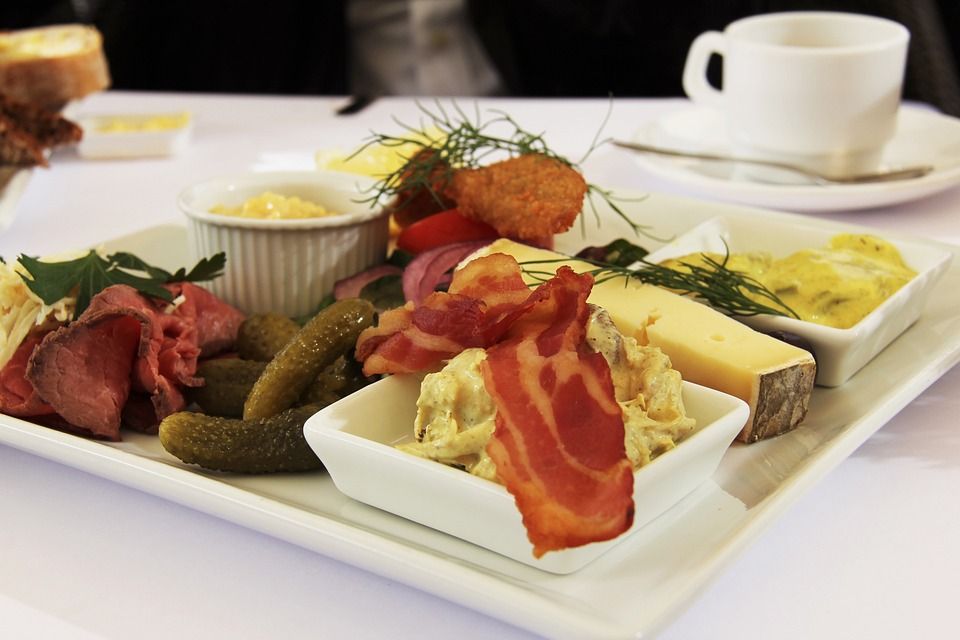Danish exports are falling, according to data released by Danmarks Statistik and reported in BT.
Downturn in Germany and UK
The rate fell 0.3 percent in January – a consequence of the fall in interest among mainly EU countries such as Germany and the UK, most particularly in the food and machinery sectors.
Overall, the rate fell by 0.8 percent during the three months ending 31 January 2018, compared to the same period a year earlier.
In Germany, which is Denmark’s biggest export market, there was a 5.2 percent fall over the three months.
READ MORE: Lots of untapped export potential in German market, claims industry organisation
Plenty to be optimistic about
Dansk Erhverv’s chief economist Steen Bocian attributes the slump to the strength of the krone and the euro, even though EU countries are responsible for the downturn.
Dansk Industri remains confident that exports will bounce back as the world economy continues to improve.
Arla pursuing more cost cutting
Dairy giant Arla will shortly implement a savings plan to address concerns over a possible fall in earnings – particularly in light of fluctuating currency rates in key regions, reports BT’s Finans. Among the cuts are some of the costs incurred in travel, meetings, recruitment, marketing, R&D and consulting. Arla will confirm the exact details and how much it intends to save in April. For several years Arla has been struggling to keep up with Dutch rival Royal FrieslandCampina, and an efficiency program launched last autumn failed to have the desired effect.
Record turnover for pump manufacturer
Pump manufacturer Grundfos has posted record turnover of 25.6 billion kroner – a 5 percent jump in revenue from 2016 as the operating profit rose to 2.3 billion kroner. Grundfos chief executive Mads Nipper attributed the result to sales growth far exceeding market developments. The company’s performance was particularly pleasing in China and Britain. According to Nipper, Grundfos has also “invested significant resources” in ensuring its competitiveness. “We have launched new products and strengthened our global service business, which improves our ability to deliver high quality, innovative services,” he added.
Results confirm Ecco can indeed walk the walk
Shoe manufacturer Ecco has enjoyed a record year for revenue – mostly thanks to increased sales in Asia, which has resulted in turnover rising from 9.3 to 9.5 billion kroner in 2017. The pre-tax profit accordingly rose 10 percent to 1.4 billion kroner, although it failed to match the record set in 2015 due to an asset write-off caused by US tax reforms. Chief executive Steen Borgholm commended the company’s modern sneaker range. Meanwhile, online sales at Ecco, which has 2,300 stores worldwide, rose 47 percent.
Biotech company remains saddened by vaccine’s failure
Biotech company Bavarian Nordic has posted a pre-tax profit of 302 million kroner for 2017 as turnover soared 40 percent to just over 1.4 billion kroner. Nevertheless, the company, which only made a 39 million kroner profit in 2016, was disappointed with the performance of its cancer vaccine Prostvac – particularly at improving the survival rate of patients with prostate cancer. In a statement, the company commended its “solid progress”, but felt resigned to 2017 being best remembered for Prostvac’s failures. Next year, Bavarian Nordic has forecast an operating loss of 385 million as large R&D costs kick in, but overall it remains confident thanks to existing contracts such as the one with the US government for its smallpox vaccine Imvamune.











